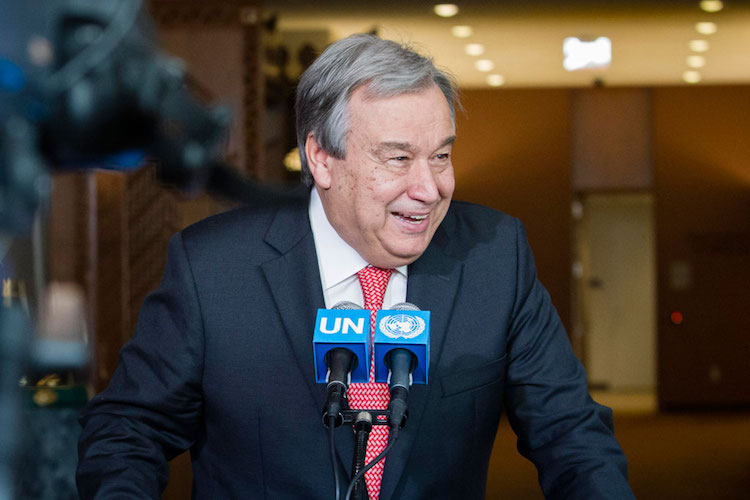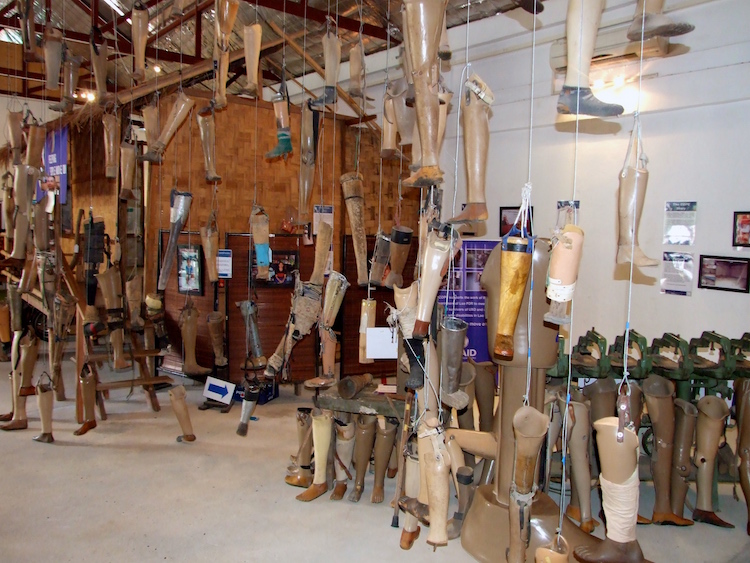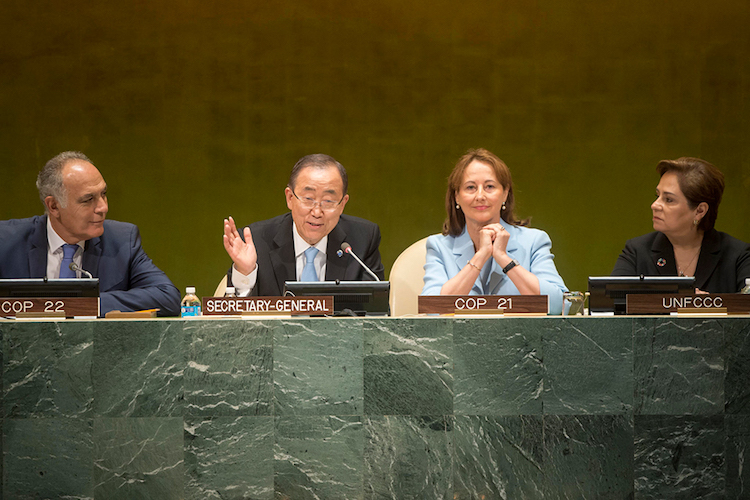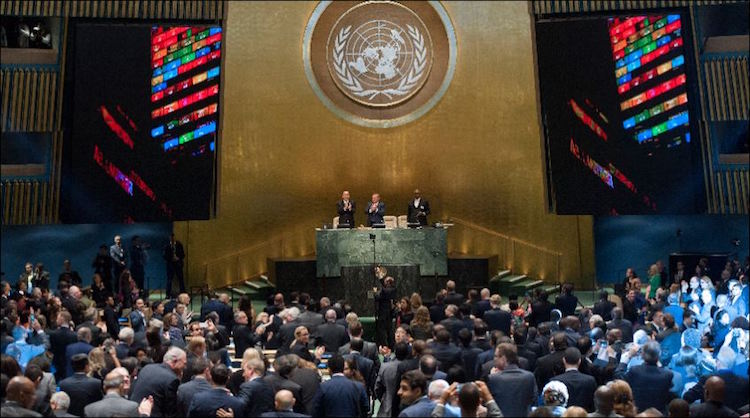By Jamshed Baruah
GENEVA (IDN) – During his farewell visit to Geneva early October, the outgoing United Nations Secretary-General Ban Ki-moon was told by Prisca Chaoui, deputy executive secretary of the staff union: “As you leave the UN, you leave behind civil servants who are full of concern and apprehension about their future.”
Painting a black picture, Chaoui said the staff feared job cuts after the introduction of an expensive software (Umoja – meaning “unity” in Swahili) designed to unite UN employees scattered around the globe and another efficiency initiative aimed at streamlining administrative services.

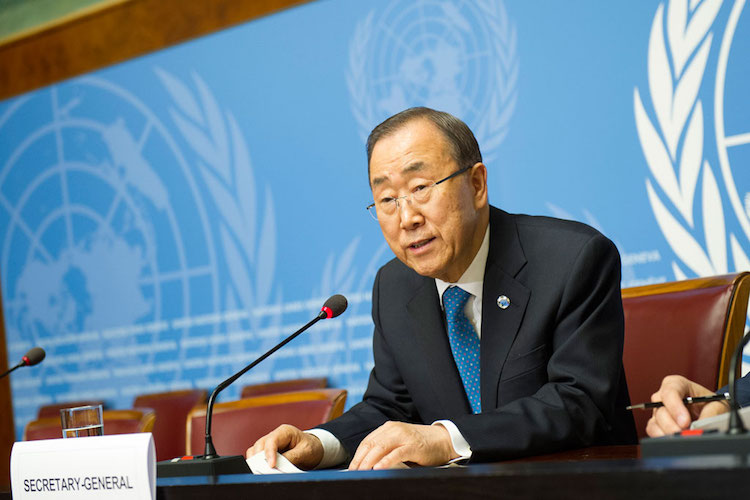

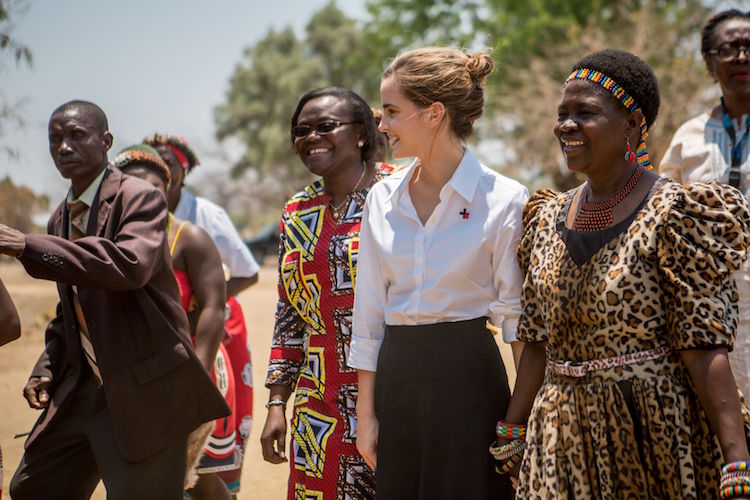
 NEW YORK | LILONGWE (IDN |
NEW YORK | LILONGWE (IDN | 
